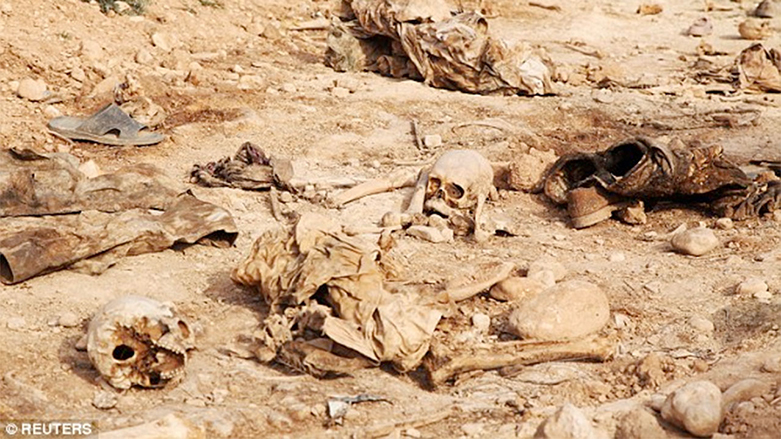British parliament recognizes Christian, Ezidi genocide
The MPs collectively declared IS attacks on Christians and Ezidis as genocide, despite the government preservation on the vote in the parliament.

ERBIL, Kurdistan Region (Kurdistan24) – British parliament unanimously voted to recognize the Islamic State (IS) attacks on religious minorities, Christians and Yazidis (Ezidis), as an act of genocide.
The MPs defied the government by collectively declaring IS crimes on Christians and Ezidis was a genocide.
The parliament condemned the IS treatment of the Ezidis and Christians and raised the issue to the UN Security Council. The British Foreign Offices encouraged the MPs to abstain the vote. According to Guardian, the Office said that “it was wrong for the government to prejudge the issue or act as a jury on a case that may yet be referred to the international criminal court.”
Tobias Ellwood, Foreign Office minister, told the MPs that governments cannot be the prosecutor, the judge, or jury. “IS is responsible for the barbaric crimes against majorities and minorities involved; Sunni and Shia Muslims, Christians, Ezidis, Kurds and other groups,” Ellwood added.
On March 17, the US Secretary of State, John Kerry, announced in a press conference that “Daesh [IS] is responsible for genocide against groups in areas under its control, including Yezidis, Christians, and Shia Muslims.”
In December 2015, Minister of Martyrs and Anfal Affairs of Kurdistan Regional Government (KRG) stated that the government has submitted an official request to the international community to recognizing the massacres in Shingal (Sinjar) and other Kurdish areas invaded by the Islamic State (IS) as genocide.
Haji Salih, KRG Minister of Martyrs and Anfal Affairs, announced that the KRG is consistently pressuring Iraq to join the International Criminal Court (ICC). “The ministry has urged the United Nations Security Council to recognize the Shingal (Sinjar) genocide on an international level and to help the victims recover financially, emotionally, and psychologically,” Salih concluded.
Reporting by Baxtiyar Goran
Editing by Ava Homa